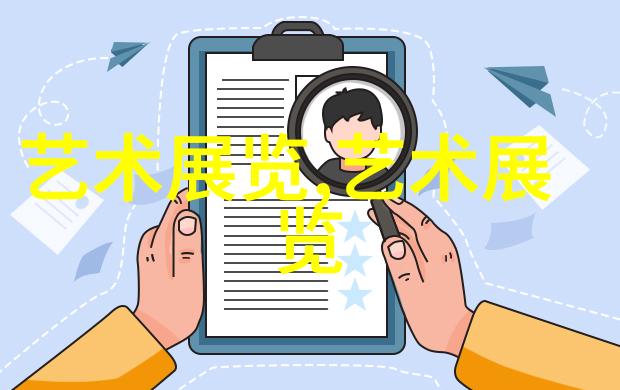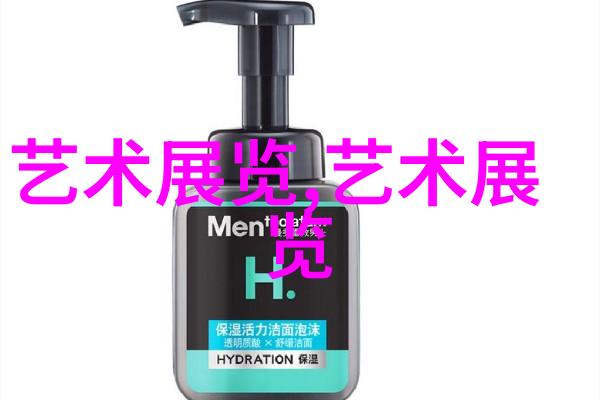高考作文何时尝试诗歌这颗艺术教育期刊的禁果
北京2014年作文题引领微作文新风尚,解禁诗歌创作限制。 多年来,在全国高考作文的规定中,一些地区明确指出:“不宜写成诗歌”或“诗歌例外”,这让人产生了这样的错觉:我们生活在一个对诗歌缺乏理解和欣赏的时代。 然而事实恰好相反,我国文学之源自古代诗歌,《诗经》被誉为我国最早的文学典籍,“熟读唐诗三百首,不会作诗也会吟”成为文化语录,足见国人潜藏着巨大的文学才华。 Vocal critics argue that the "poetry excluded" rule raises issues of evaluation standards. Some modern poems employ unique techniques and imagery, making it challenging for examiners to assess within a limited timeframe. Consequently, students may receive low scores despite crafting an excellent poem. Given the current high school examination system, using poetry as a response is not advisable.

However, I believe that students should have the autonomy to choose their writing style. Disallowing poetry in exams unfairly disadvantages those with exceptional poetic abilities and perpetuates an unwarranted bias against poetry. The notion that evaluating poetry is difficult might be subjective; nonetheless, allowing or restricting poetry does not hinder students' choices.
Furthermore, even if some regions like Guangdong and Anhui no longer explicitly exclude poetry from their exam prompts (as seen in 2009), most students still opt for more conventional forms such as explanatory essays or persuasive writings rather than venturing into higher-risk genres like short stories or poems due to fear of failing.

Thus, whether or not to write in verse should be left up to individual students' preferences; however, it would indeed be problematic if examiners are unable to adequately evaluate poetic compositions due to insufficient skills.
Nowadays, Beijing's high school entrance exams have relaxed this restriction on writing poetry in creative essays—this move will significantly enhance the scope of expression and creativity within these assignments.

Just as Adam and Eve gained true humanity by consuming the forbidden fruit from Eden's Tree of Knowledge—so too must our education embrace new literary horizons through accepting poetic expression.
...
